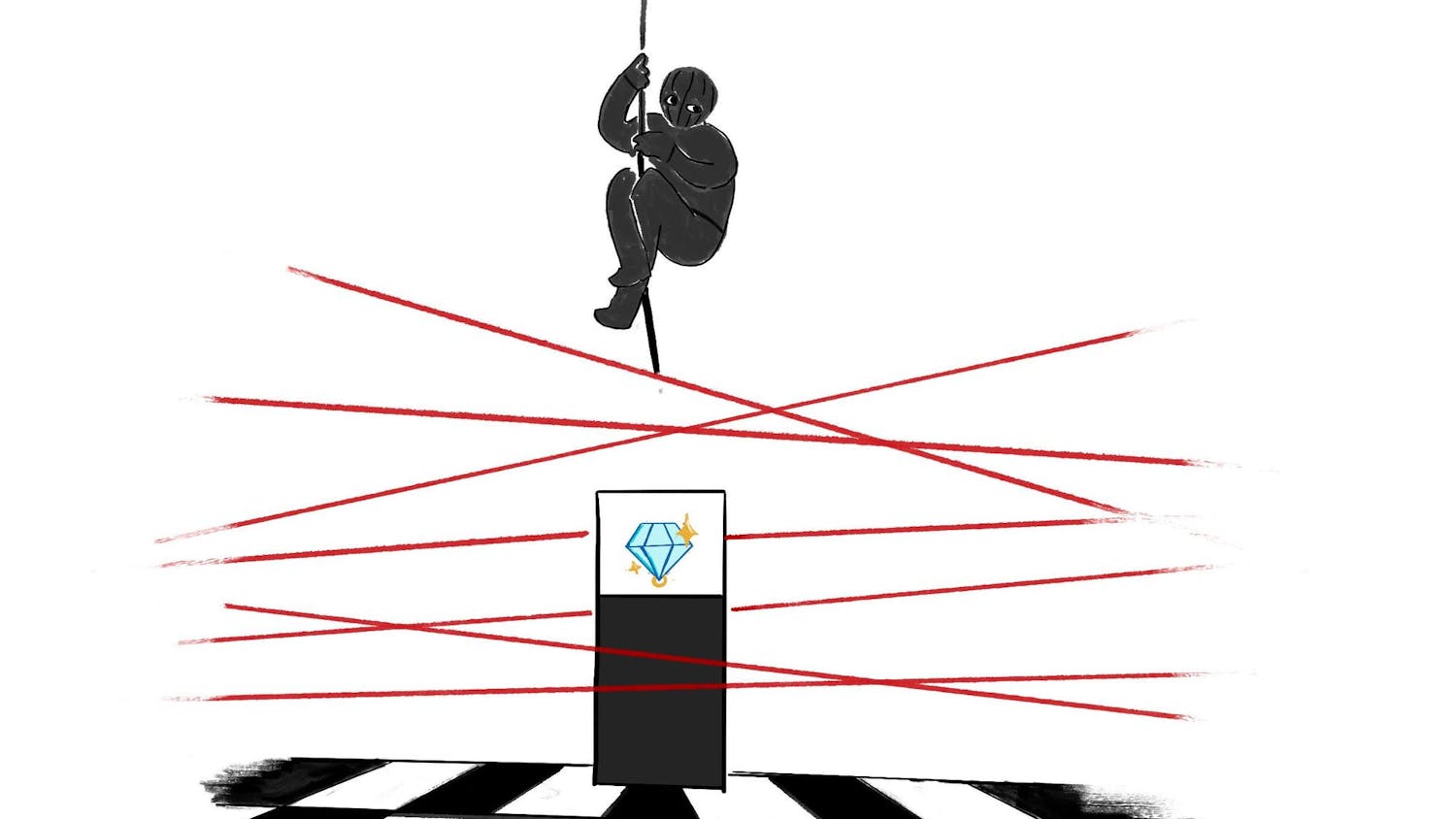For college students, particularly those in need of themed game day dresses, going-out tops, business casual outfits and more, one of the most consistent dilemmas we encounter is figuring out where to purchase clothes. The most affordable places – fast fashion companies like Shein, Forever 21, H & M and more – face many allegations of unethical practices but have affordable prices that appeal to college students on a budget.
So, what are the problems with fast fashion, and what are ways around supporting it?
The most pressing issue regarding fast fashion is the environmental concerns resulting from the industry.
Approximately 30% of clothes made are never sold, and these clothes are quickly destroyed or incinerated, which creates a huge waste problem. According to PIRG, “In the United States, we generate enough textile waste to fill the Mall of America – the largest shopping mall in the country – every six days.” Additionally, the waste problem is only getting worse, piling up more trash every year with no sign of it stopping soon.
Once this merchandise is disposed of, it pollutes the air quality. Countries like Kenya, Ghana and Chile have become ‘dumping grounds’ for fast fashion waste and are reaping the consequences. Low air quality, toxic gasses from burning clothes and clogged rivers surround these countries' massive dumping grounds.
PIRG states the United Nations has estimated the fashion industry is responsible for about 20% of the world’s wastewater and 10% of the planet’s greenhouse gas emissions, making it one of the biggest polluters.
Another concern regarding fast fashion is the unethical labor laws surrounding it. According to Ruben Rosalez on page one of his article The Exploitation of Garment Workers: Threading the Needle on Fast Fashion, “Over 80% of contractors in fast fashion were in violation of minimum wage and overtime laws,” with some companies paying as low as $1.58 an hour in states where the minimum wage was $15.
Workers are often forced into extremely long work days lasting up to 16 hours, seven days a week and are at the complete discretion of the fashion brand.
Sweatshops, the most extreme form of garment labor, are extremely hot warehouses with poor air quality where workers are paid as little as three cents an hour, can work up to over 100 hours a week and often are full of women and children.
So, knowing these issues, what are the ways around shopping fast fashion?
- Reduce
With the online clothing rental market rapidly growing, there are many websites and outlets to rent clothes from. Websites like RentTheRunway and Nuuly allow subscribers to rent designer clothes monthly, simultaneously providing a rotating closet and helping you cut back on waste – a great option for girls in college or fresh out.
- Reuse
While buying a new outfit is always great, many people underestimate the power of “shopping your closet.” Especially now, with many "closet apps" that help you keep track of what’s in your closet and suggest different ways to mix and match clothes, you can probably find a stronger mix of outfits than you think.
Additionally, shopping secondhand is a great way to stop supporting fast fashion. There are a growing number of secondhand outlets, with Poshmark and Depop booming in the virtual world, while stores like Plato’s Closet, TJ Maxx and Goodwill offer a wide variety of clothes at a significantly discounted price. Auburn has all three of these in-person stores.
- Recycle
Cut back on your clothing waste by recycling. Contribute to the world of recycling by supporting the secondhand stores listed above, donating old clothes to a charity program or reselling them through a website. Additionally, organizations like Blue Jeans Go Green, a group founded on denim recycling, offer ways for consumers to put their old clothes to new use.
While issues surrounding the fast fashion industry are far-reaching and beyond any individual's help, embracing practices of reducing, reusing and recycling can help all of us work towards a more sustainable and equitable future for the fashion industry and our planet.
Do you like this story? The Plainsman doesn't accept money from tuition or student fees, and we don't charge a subscription fee. But you can donate to support The Plainsman.





